Tag: implementations
-
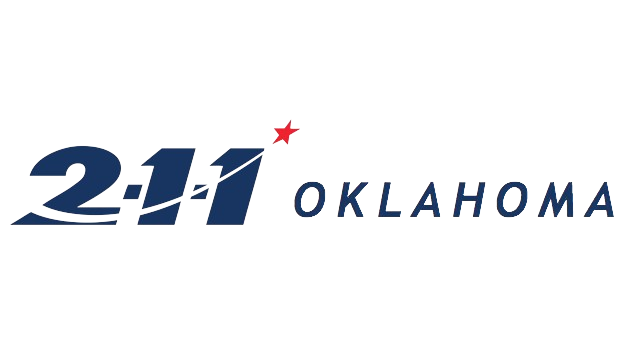
Open Referral in Oklahoma!
This is a guest post from Aaron Bean of Asemio. Welcome, Aaron! We’re pleased to introduce the first iteration of the Oklahoma Open 2-1-1 project, which is leveraging the Ohana platform and the Open Referral format to make it easier for Oklahoma residents to find and share information about community resources that can help improve…
-
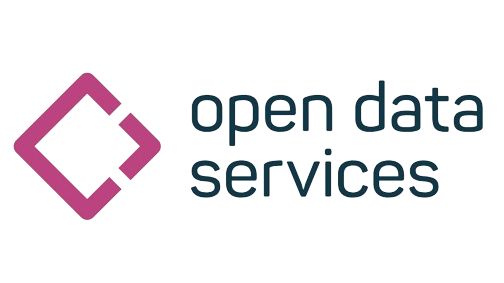
Meet the Open Data Services Cooperative
This post is from Tim Davies, founding member of the Open Data Services Co-operative. We’re really delighted to announce the Open Data Services Co-operative’s new collaboration with Open Referral on the Miami Open 211 project, and on wider developments of the Human Services Data Specification (HSDS). At the Open Data Services Co-operative, we’re passionate about…
-
Open Referral for legal services in Illinois: the new IllinoisLegalAid.org
This is a guest post from Teri Ross, Program Director for Illinois Legal Aid Online. Illinois Legal Aid Online develops technology and information to increase access to justice for people in Illinois who may otherwise be foreclosed from it, especially for those who cannot find or afford a lawyer. Illinois Legal Aid Online, or…
-
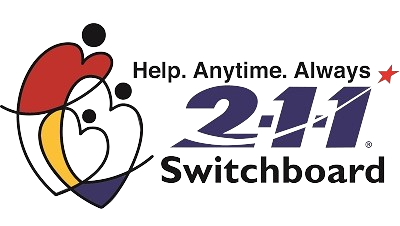
Welcome to Miami Open211
For more than thirty years, Switchboard of Miami has helped residents of Miami-Dade County find information about health and human services whenever someone has picked up the phone and dialed 2-1-1. This makes Switchboard one of the longest-serving referral providers in the field. We’re proud to announce that Code for Miami is now working with…
-
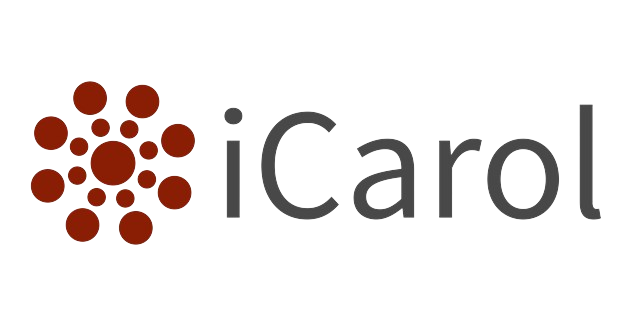
iCarol announces support for exporting data to Open Referral’s Human Services Data Specification 1.0
For many years, leaders in the Information & Referral (I&R) industry have sought to improve the reliability of exchanging the data they curate about social and human service providers in their community, with partners. In any given region or metropolitan region, it is important for these providers to know about other providers so they can…
-

2015 in Review: who’s doing what, where and why
In the last blog post, we discussed the different technological products that have emerged through Open Referral. [See our entire 2015 Year in Review here.] In this post, we’ll discuss the different projects in which people are using these tools to find new ways to share and use information about the health, human, and social services available…
-

2015 in Review: the building blocks of an open ecosystem
A world in which information about community resources is easy for anyone to find, trust, and effectively use — in whatever way works best for them. This is Open Referral’s hopeful vision of the future. In 2015, we saw the first glimmers of such a world. Let’s take a look: Continue reading →
-
Data-driven justice in D.C.
Access to clear, reliable, re-usable community resource directory data is not just important for people who are seeking services that meet their immediate needs — it’s also crucial for people who are seeking to understand the workings of the human service system as a whole, as they seek ways improve health and wellness for entire…
-
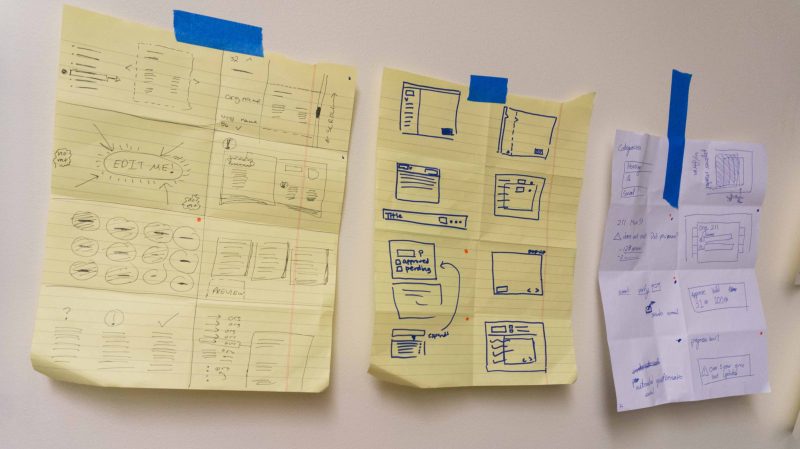
San Francisco’s Open Referral: Getting out and Staying out
Every other year, the Reentry Council of San Francisco publishes Getting Out and Staying Out, a resource guide for people returning from prison and looking for help to get back on their feet. The Guide is more than 300 pages long, containing rich information about hundreds of health, human, and social services that are available…